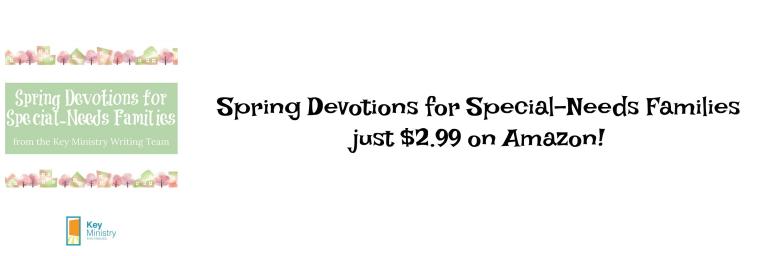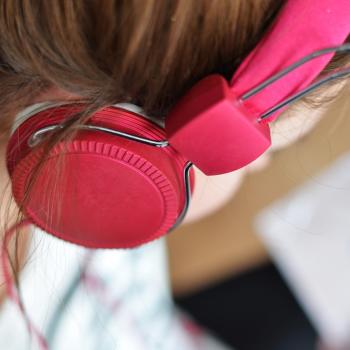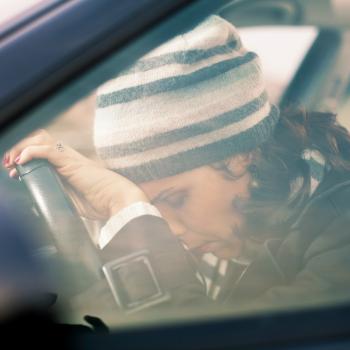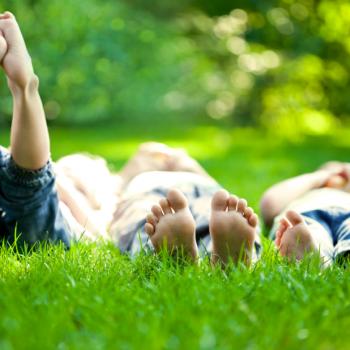Nicolas, my 17 year old son with a genetic disorder, brought home a “Good Deed Tracker” from school and I knew it wasn’t his cup of tea. Although Nick is an exceptionally kind-hearted and generous person, I knew he would not be willing to perform any of the deeds specified on the list—they all had to do with giving. Among the deeds were: donate clothing that you no longer wear to charity, Donate unwanted toys to others, color/draw a picture to give someone else, etc.
If we’re going to visit someone, Nick will beg me to stop and buy them flowers, or gifts, and always loves to help others. But he cannot abide when anything that is ours, is taken out of our home or given to someone else. A few years ago his OT, Jessie, worked with him at home each week. I always offered her a bottle of water, which she usually drank or took with her. Every week, without fail, Nick would ask for the water back. It was ours, not hers. He needed our water back where it belonged. He loved Jessie dearly, but our water is our water.
I had recently done a closet-clean-out in his bedroom and had the pile of clothes laying in the hallway. He had been suspicious of the clothes not being in his closet, but I had given him non-answers when he asked why they were there. (One of my favorite mom tricks). But I decided that the “Good Deed Tracker” would be my strategy. Because he also loves to please his teachers and would want to accomplish the goals they sent home. I showed him how those clothes don’t fit anymore, we filled two garbage bags and we put them in the car. I explained at length about charity, and how other boys could wear the clothes.
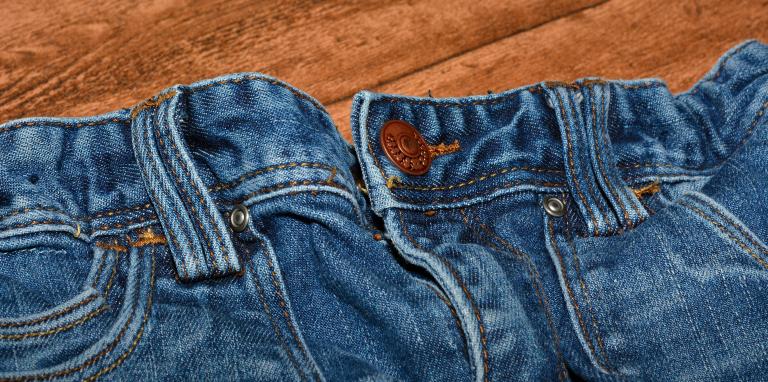
He was on board until we arrived in the Goodwill parking lot and I handed him one of the bags to carry. Insisting “No, no, no MY clothes” all the way to the door, we placed the bags in the receptacle and I read him all the posters around the Goodwill lobby. For example, one poster read “Thank you for giving me a job” with a picture of a smiling young man with Down syndrome. I saw Nick pondering the process. At that moment, the supervisor came out from the back. She somehow knew precisely what was happening and jumped right in. “I wanted to meet you personally!” she said to Nick. “Thank you for doing such a good job of sharing your things.” She asked his name, gave him a high-five, and told him he was doing something very important and helpful.
Well, long story short, we now have a Donation Expert in our home. He is so very proud of himself, he told the therapist we saw yesterday, told dad all about it at dinner, and is ready to go back to Goodwill tomorrow with more things.
My point is not to brag on my charitable son, or even about overcoming the issue of his need to keep his stuff. It is about the inner desire that every person has to do something nice for others. It is about the pride we all take when we help someone and the good feeling that comes along with it. Sometimes we aren’t aware that our special kids have the same inner workings that we do, because they don’t express it, and quite frankly they have much more pressing and important needs that we feel we should prioritize. Our kids and ourselves are often more on the receiving end of someone’s charity and kindness. But the Bible says it is better to give than to receive. It doesn’t qualify that, doesn’t say it’s only for people who can give, or understand giving, or want to give. It’s simply a principle that applies to all.

